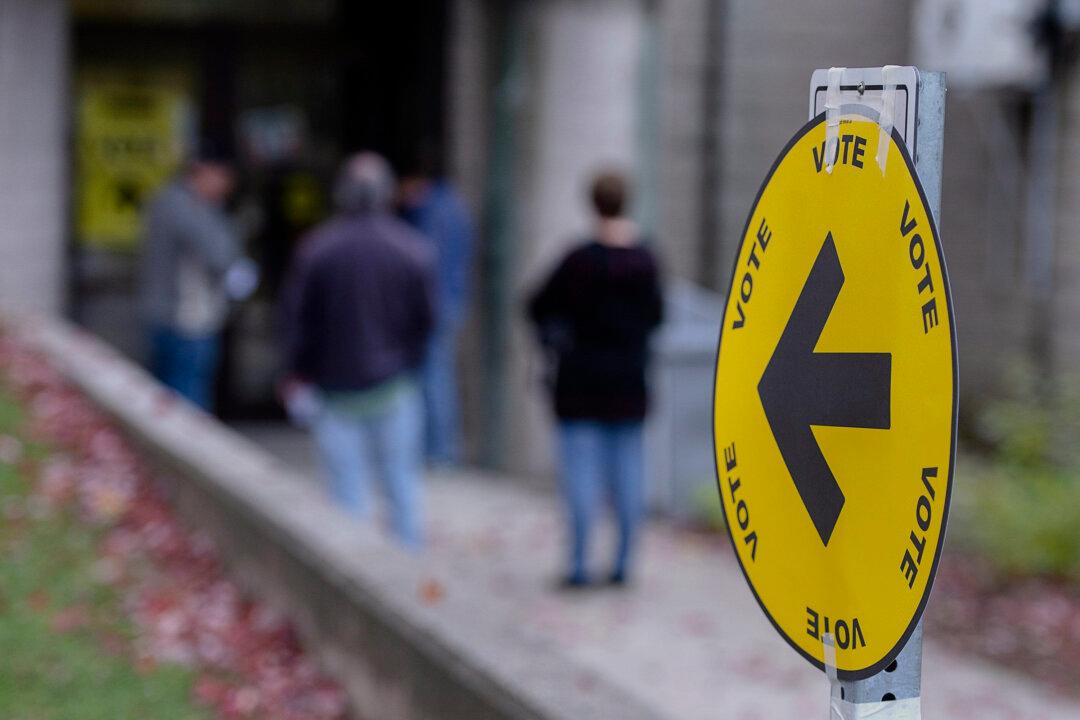China, Russia, and Iran are “very likely” to use artificial intelligence tools to attempt to interfere in Canada’s general election this year, with Beijing being the most likely to generate fake content and launch targeted propaganda campaigns aimed at spreading disinformation among Canadian voters, says one of Canada’s key security and intelligence agencies.
The “malicious” use of AI poses a growing threat to Canadian elections, as foreign actors increasingly exploit these technologies to interfere in global elections by targeting voters, spreading disinformation, and harassing politicians, says the Communications Security Establishment Canada (CSE) in the 2025 update of its Cyber Threats to Canada’s Democratic Process report.





